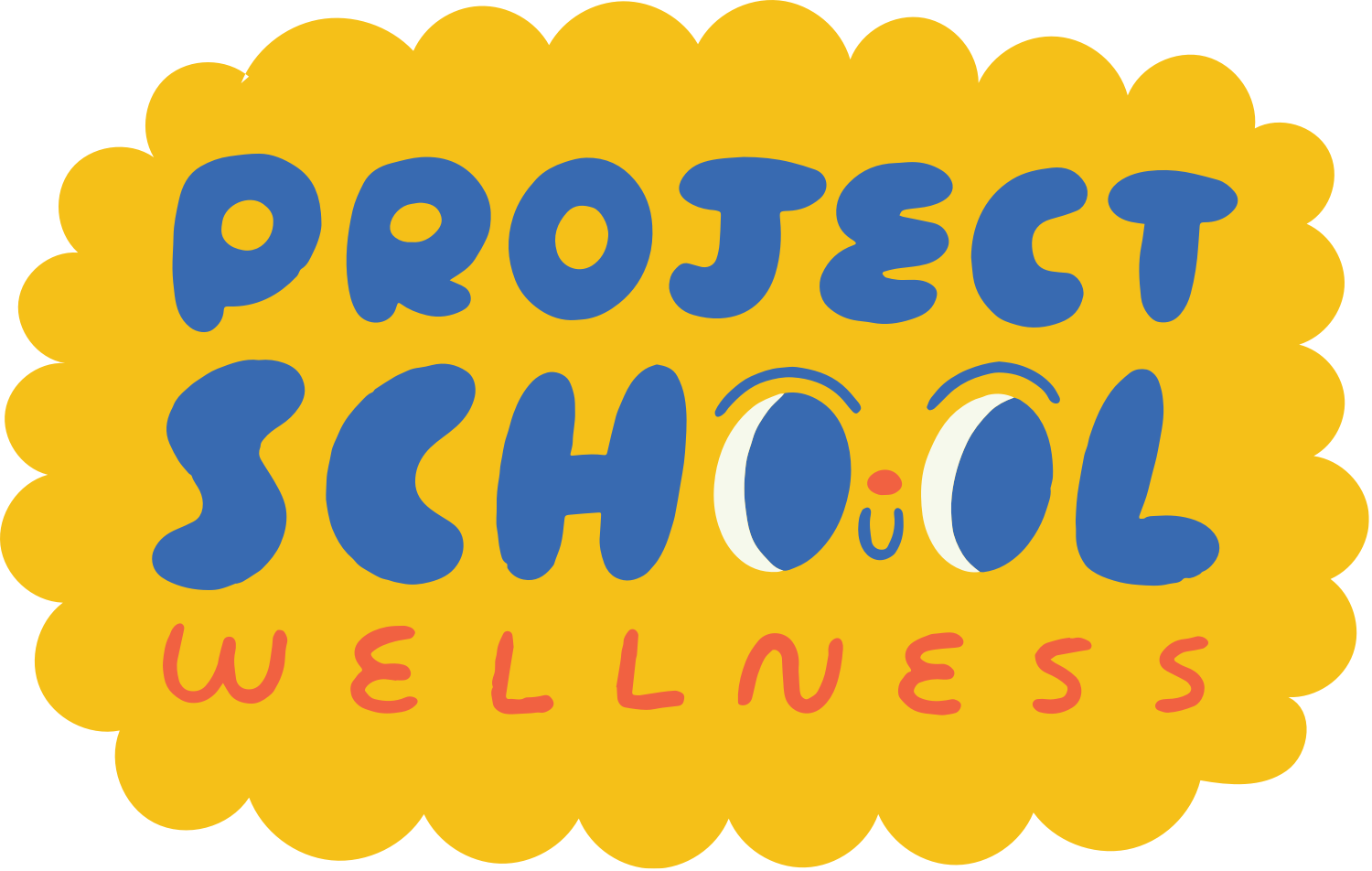Health Education 101: What is Spiritual Health?
Before we dive in, let me clarify that Spiritual Health ≠ religion. Yes, the two can be (and often are) connected but they are not synonymous. Meaning, you can be religious and not be spiritually healthy and vice versa.
With that in mind, let's look at what Spiritual Health actually is...
Spiritual health refers to possessing meaning and purpose in life, having a clear set of beliefs, and living in accordance with your morals, values, and ethics. Essentially, it means understanding and having a clear definition of what's important in life and what's wrong and right, and living according to this understanding.
Spiritual Health is the Foundation of Well-Being
Spiritual Health is foundational to well-being as it deeply and fundamentally connects to the other dimensions of health. For example...
Your meaning and purpose connect to what you study (intellectual), what career you choose (occupational), how you spend your money (financial), who you hang out with (social).
And just think about what happens to your emotional and mental well-being when you don't feel like you have meaning and purpose in our life. Or when you're riddled with guilt and shame because your actions don't align with your morals and values.
Simply put, Spiritual Health is a big deal. And as teachers, it should be a primary concern in our classrooms!
Healthy Habits for Spiritual Health
So how exactly do we nurture and strengthen Spiritual Health? Here are a few spiritually healthy habits to integrate into your life:
Choose to spend time with friends who uphold similar values and beliefs, making it easy to make positive choices.
Be intentional about aligning your thoughts and actions with your values and what you believe is wrong and right.
Regularly and intentionally evaluate your identity by asking yourself if it truly connects to your purpose and values.
Free Mission Statement Writing Lesson Plan
Here's a look at what that might look like at school and in your classroom*...
Set high expectations for students not only in academic achievement but also (and more importantly - IMHO) in character and behavior.
Create opportunities for students to explore and share their passions and natural abilities.
Challenge students to define and understand their core values.
Ask students to intentionally contemplate their meaning and purpose in activities like writing personal mission statements.
*As I mentioned previously, and I'll mention again, I'm pretty positive you're already doing a lot of this in your classroom. So the real task is to attach a common understanding and language to it.
Spiritual Health in Action
The more I learn about Spiritual Health and understand its importance, the more I work to integrate it into my classroom. Here are a few things I've done:
All About Me posters - a fun activity to get students thinking about who they are, what they value, and who they want to be
Empathy-building activities - the goal is to create a high value on qualities like empathy, respect, and kindness
Kudo cards - I use these to give students positive and specific feedback.
What about you??? What are you doing to nurture Spiritual Health in your classroom??? Please share!!!


